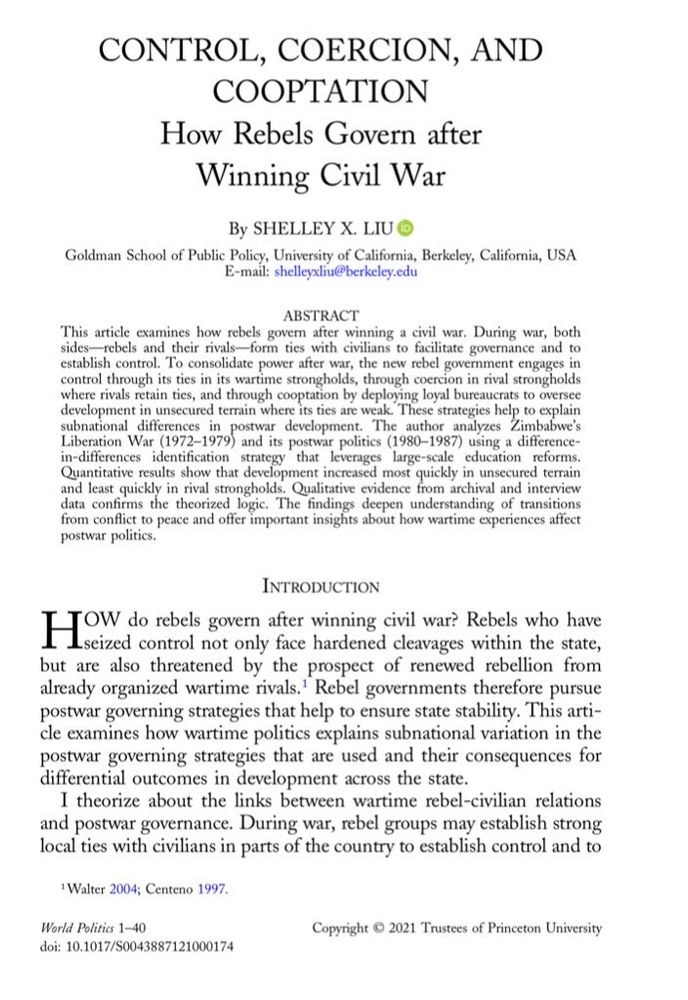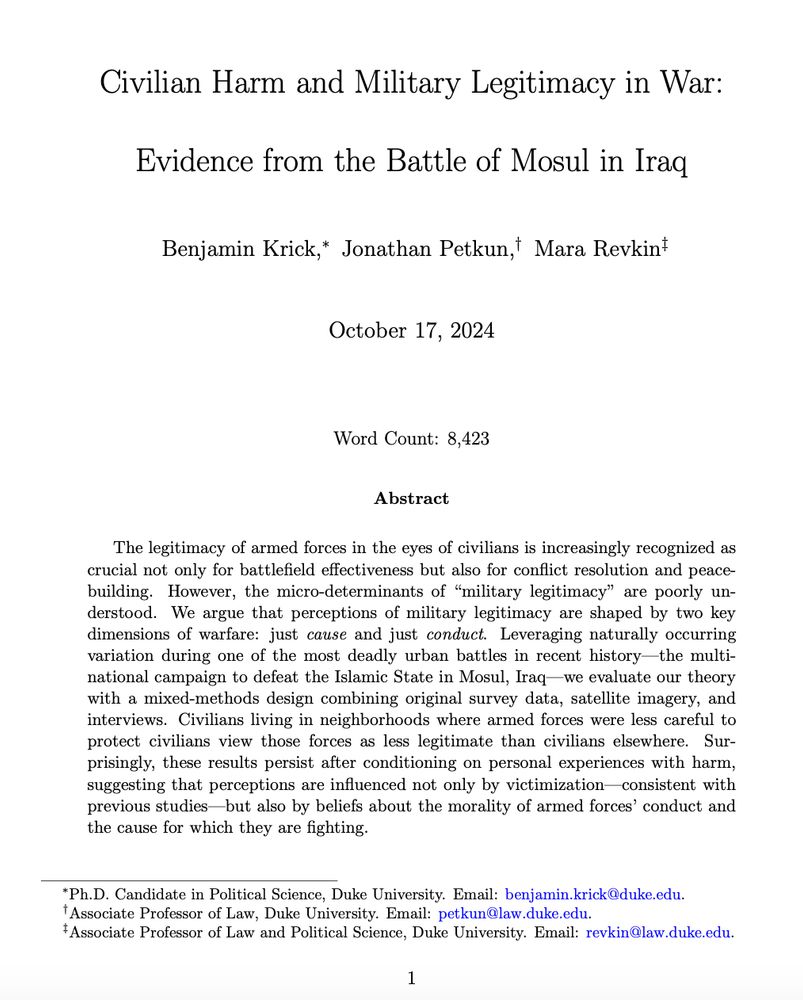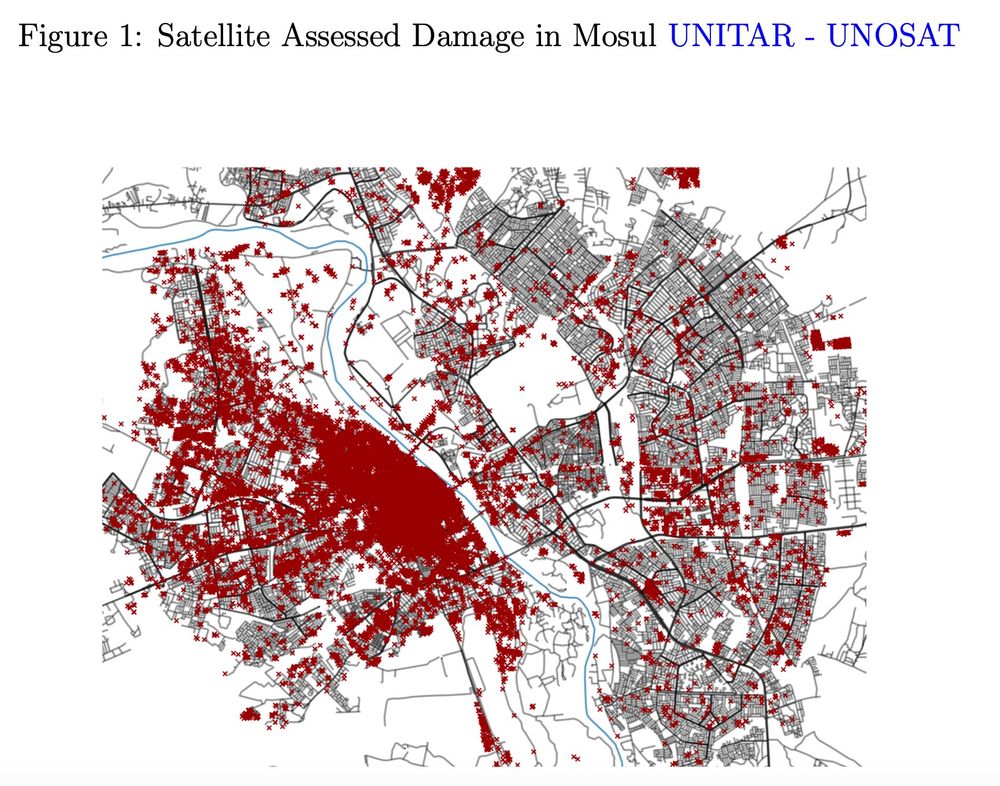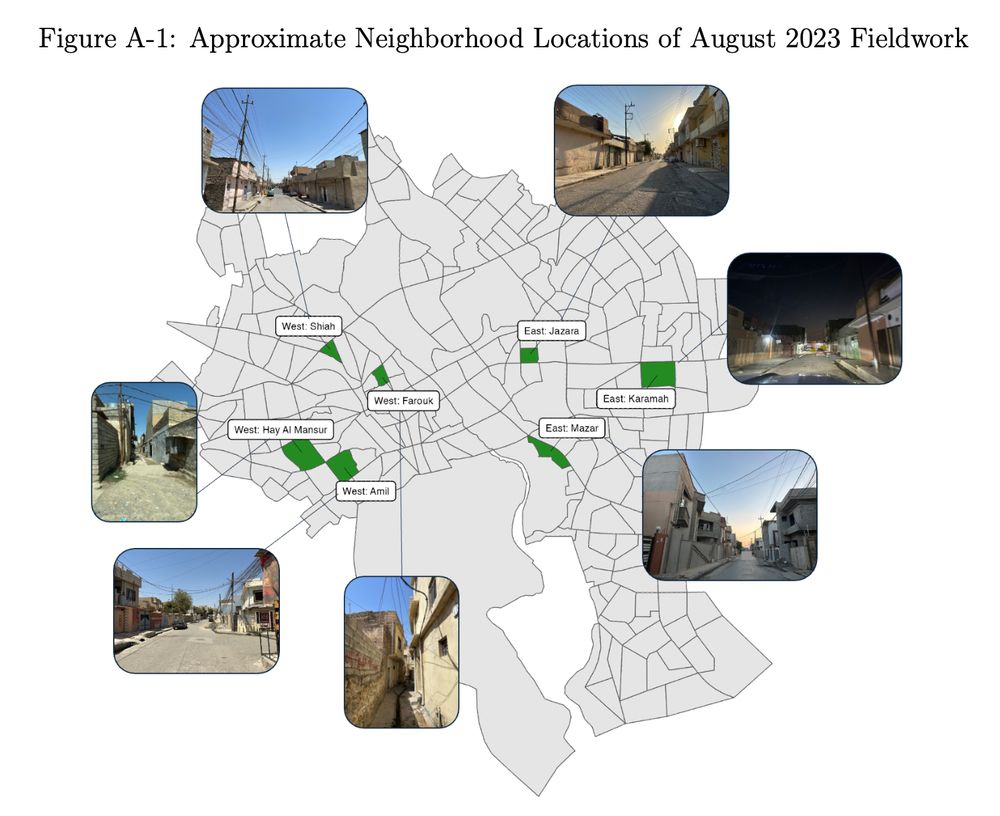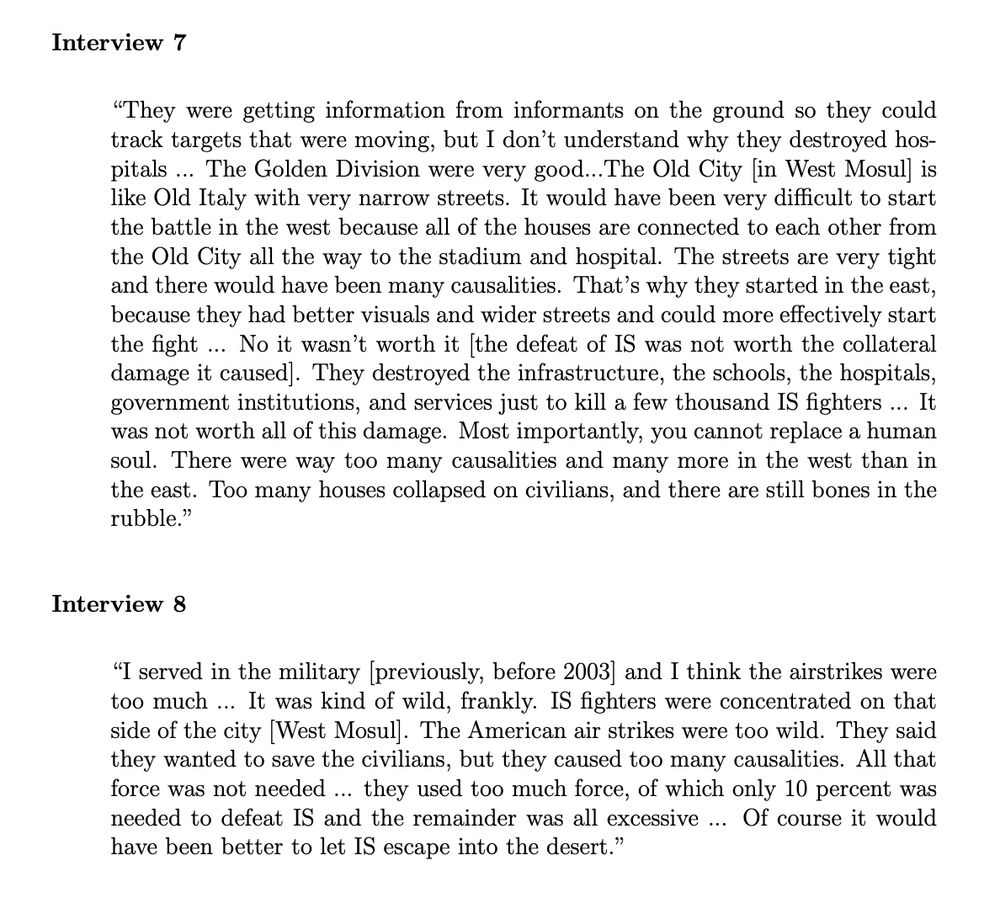Political Violence New Publications and Working Papers
@polviolencepapers.bsky.social
1.1K followers
740 following
13 posts
Sharing new publications and working papers on political violence: armed conflict, civil war, insurgency, terrorism, extremism, post-conflict state/society.
Tag @polviolencepapers.bsky.social to get reposted.
Currently managed by @ilaydaonder.bsky.social
Posts
Media
Videos
Starter Packs
Ulaş Erdoğdu
@ulaserdogdu.bsky.social
· Dec 4

Democratization, Foreign Military Intervention, and Rebel Fragmentation in Civil War: Evidence from the PKK Insurgency in Turkey
Abstract. In this paper, by studying the fragmentation of the Kurdistan Workers’ Party (PKK) in 2004, I identify two distinct pathways to rebel fragmentati
doi.org
Reposted by Political Violence New Publications and Working Papers
Reposted by Political Violence New Publications and Working Papers
Shelley Liu
@shelleyliu.bsky.social
· Nov 19
Reposted by Political Violence New Publications and Working Papers
Paul Staniland
@pstaniland.bsky.social
· Aug 29
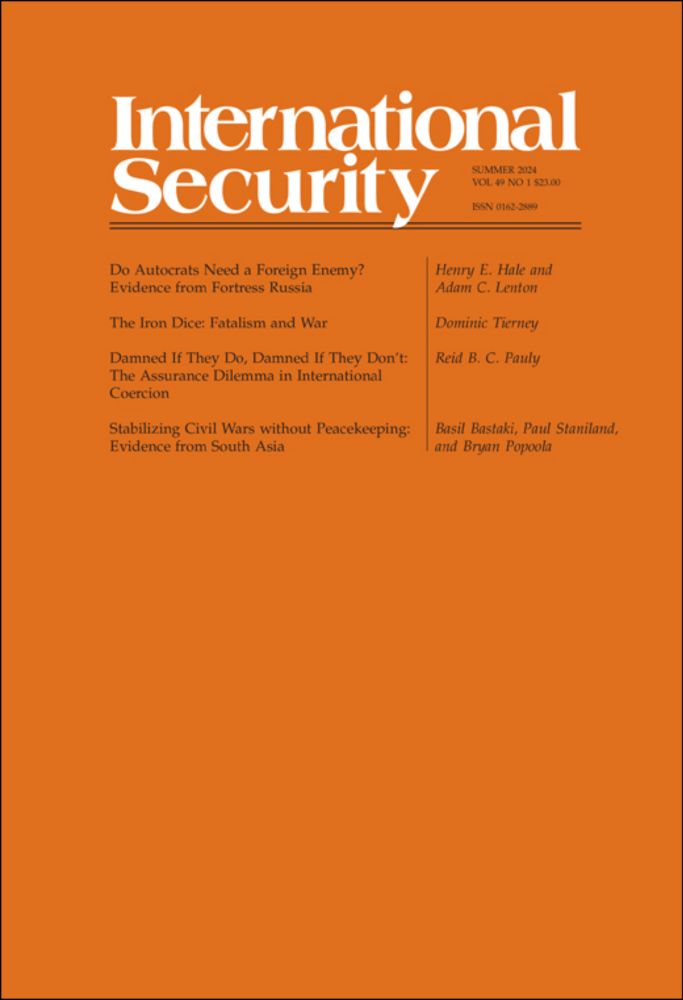
Stabilizing Civil Wars without Peacekeeping: Evidence from South Asia
Abstract. Peacekeeping is helpful in resolving civil wars, but there is little chance of peacekeeping operations or other international peace-building interventions for many conflicts. How do internal...
direct.mit.edu

